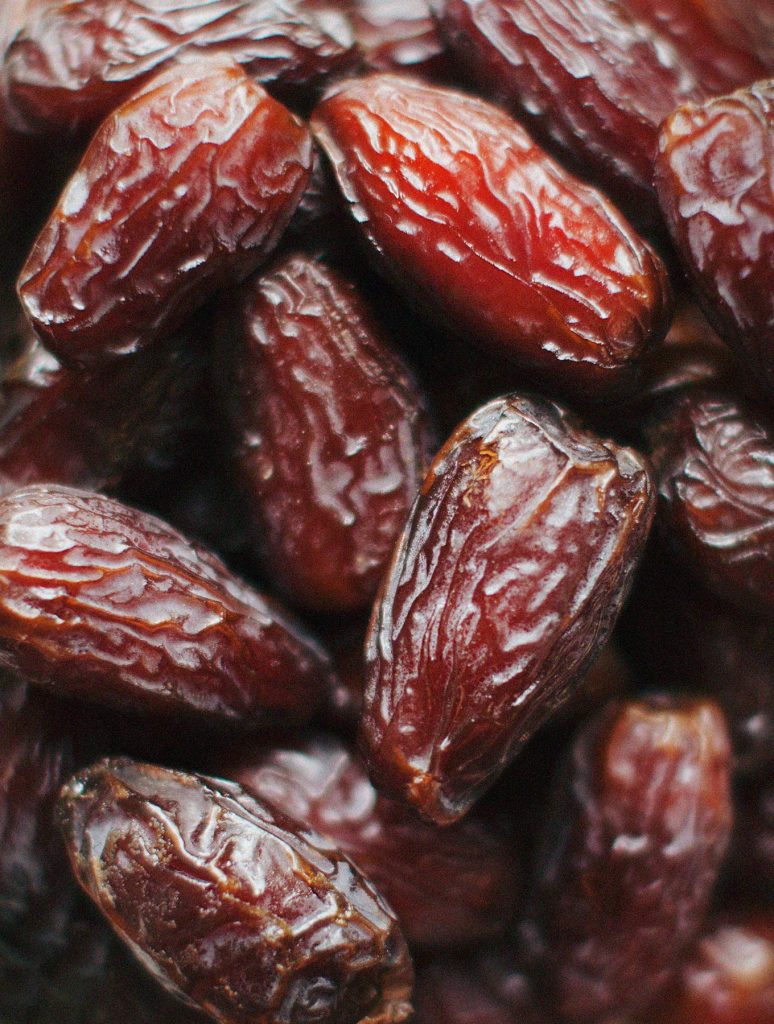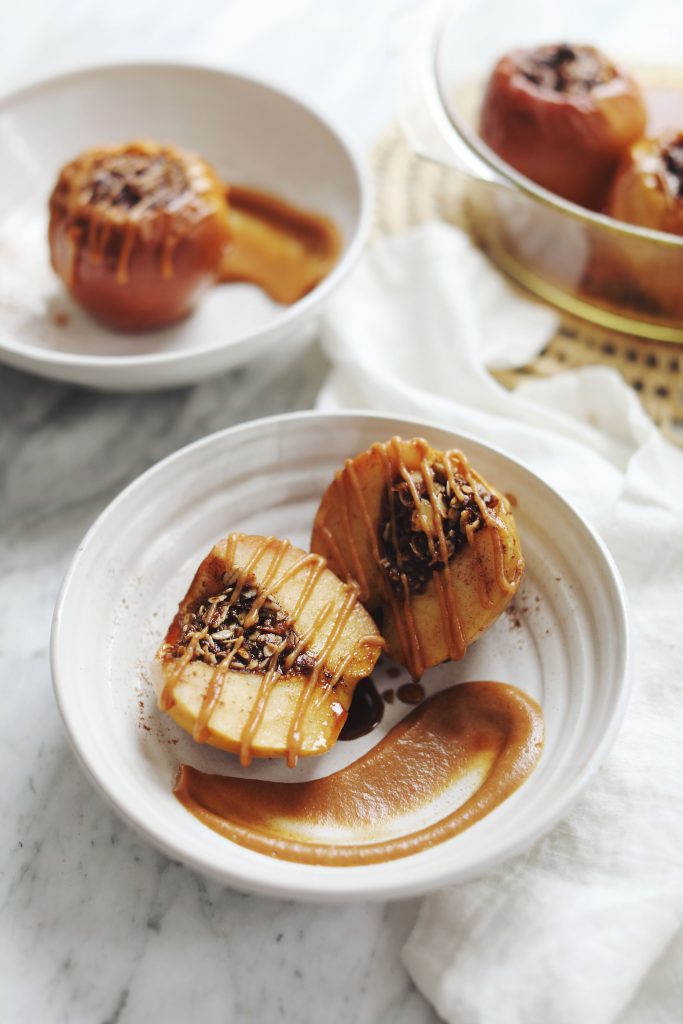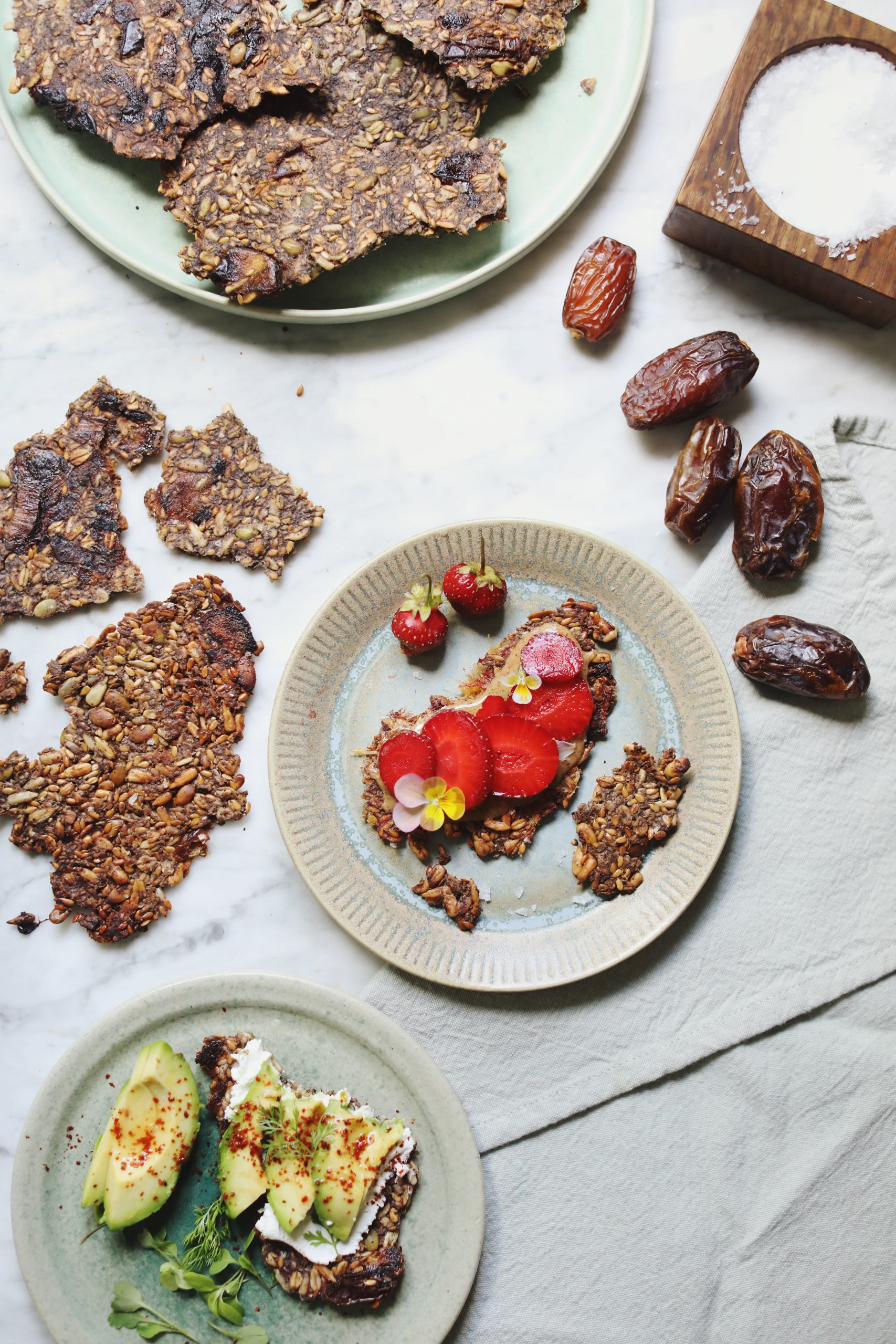A sweet superfood, dates are a great source of energy, and provide a generous amount of dietary fibre, vitamins, and minerals. They’re incredibly versatile, whether you eat them straight from the bag, chop them up as a topping, or blitz a few in a smoothie, there is no shortage of ways to enjoy these sweeties.
- Dates are an excellent source of fibre while providing a hefty dose of potassium, magnesium, vitamin C, vitamin B6, copper, and manganese.
- They contain tannins, compounds that are shown to inhibit the activity of certain enzymes that promote inflammation.
- Supply a wide range of antioxidants, including flavonoids and polyphenols that protect cells from damage and reduce the risk of developing certain types of cancer.
- A wonderful choice during pregnancy as they contain compounds that mimic the hormone oxytocin which have been shown to soften the cervix, assisting in a shorter, smoother labor experience.
- If you’re in need of an energy boost, the natural sugars in dates provide a quick source of energy that can leave you feeling satiated thanks to their high fibre content.

About Dates
These luscious little fruits are native to the Middle East, North Africa, and some parts of South Asia. Countries within these areas have the ideal climate and soil conditions for cultivating dates, where they have been growing for thousands of years. Today, dates are grown all around the world, particularly in areas with hot, dry climates. California and Mexico are considered two of the major date-producing regions in our modern world.
There are many types of dates, including Medjool, Deglet, Halawy, Thoory, Barhi, and Honey, just to name a few. They all have slightly different textures and flavours to delight your tastebuds. Medjool dates are the largest and juiciest of all dates and my personal favourite. They have a rich, caramel flavour and are perfect in raw desserts. Any date is good to have on hand in the cupboard though, I encourage you to try a few varieties to see which one suits you best.
Having dried fruit in the pantry is great for snacks and to use in raw desserts and baked goods. Remember that dried fruit delivers a concentrated amount of natural sugar, so those with sugar sensitivities should keep an eye on the amount consumed. For optimal digestion, soak all dried fruits in water for 4 hours before consuming!
Buying
When you are purchasing dried fruit, it is important to ensure that it is organic, or that there are no additives or preservatives. Some fruits may be treated with sulfur dioxide gas during processing due to their antimicrobial properties and ability to maintain the original appearance of the fruit. In large amounts, sulfur dioxide is toxic. It blocks nerve signals from one area of the lungs to another, often causing breathing distress in sensitive individuals. It makes the fruit look healthy and vibrant, but this is merely an illusion. Sulfur dioxide gives dried fruits a distinctive chemical flavour that you probably wouldn’t notice unless you’ve had the real thing.
Dried fruits may also be treated with other sulfites to prevent rotting and extend their shelf lives. Sulfites cause adverse reactions in an estimated one out of every 100 people, who turn out to be sulfite-sensitive. People who suffer from asthma are particularly at risk – The FDA estimates that 5 percent of asthmatics will experience a reaction upon exposure. Fruits that are commonly sulfured include apricots, golden raisins, peaches, figs, cantaloupe, ginger, mango, papaya, pears, and pineapple.
Storing
Keep dried fruits in tightly sealed glass jars or canisters in a cool, dry place for up to a couple months. Some dried fruits will develop a white coating on them after a few weeks. This is most often their sugars crystallizing, not mold.
Some Recipes in Grow






